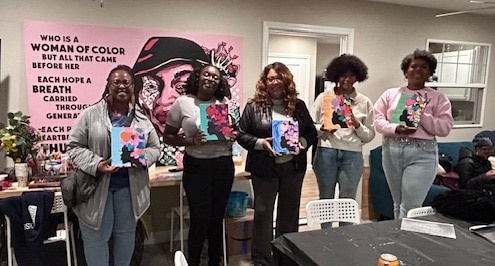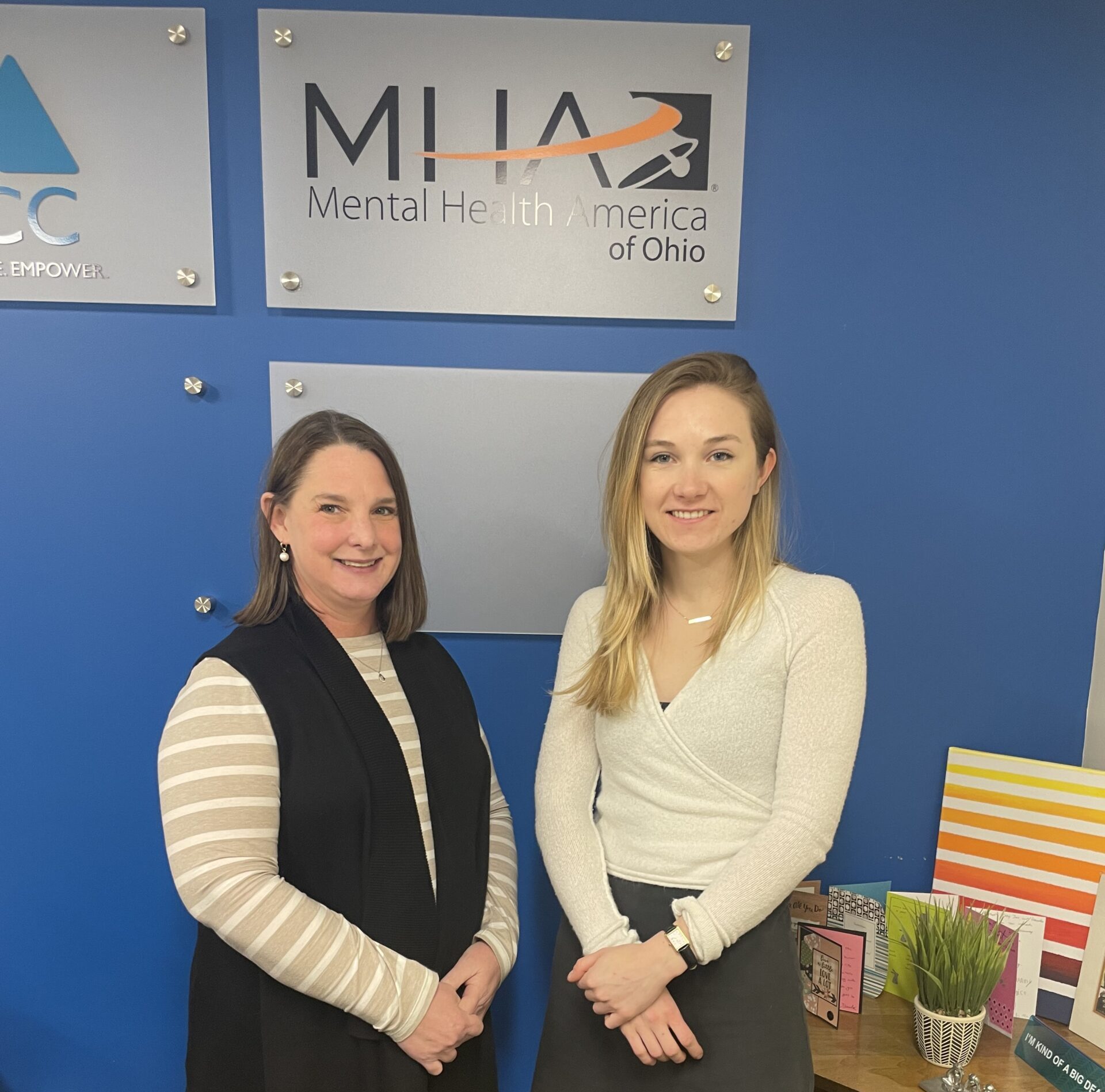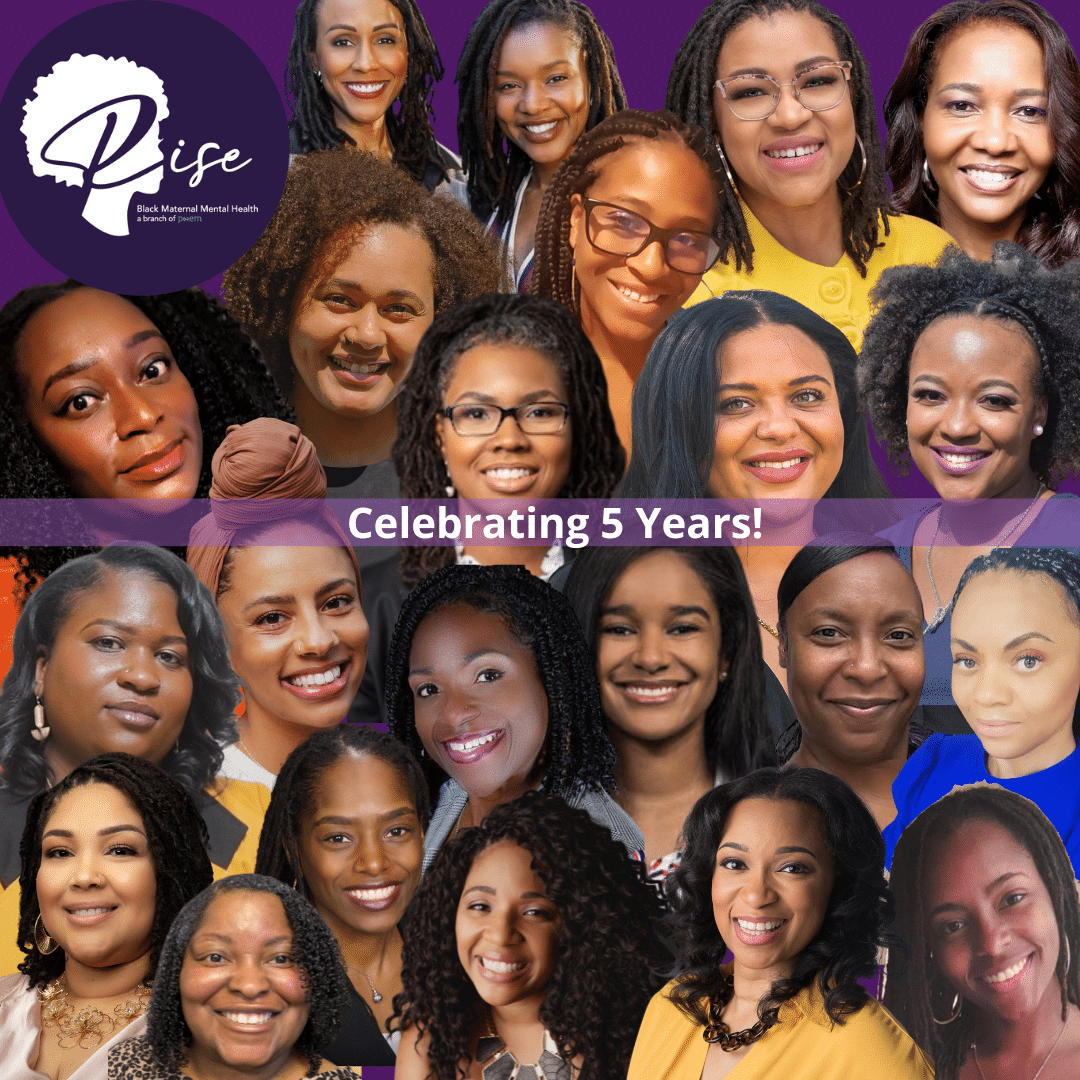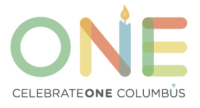During Mental Health Month, we will be featuring individuals who have offered to share their lived experiences with trauma or a mental health disorder.
These inspiring stories of courage and bravery remind us that no matter what we are facing, help and support are available, and recovery is possible.
We thank them for being vulnerable enough to share their stories.
Mallory is a registered nurse who has a full-time job, lives independently, and is studying to be a mental health counselor. She has accomplished a lot in her young 23 years, but it hasn’t always been easy. Mallory has lived with obsessive compulsive disorder, or OCD, since she was eight years old.
“Mental health wasn’t talked about in my family or in my circle,” Mallory said. “It was reserved for people with more serious disorders, and was viewed like, ‘Oh, you have a fear of something? Well, you just got to muscle through it.’”
As an 8-year-old child, Mallory couldn’t put a name to what she was feeling, but she lived in constant fear that harm would come to her family or herself, and it would be her fault. Living with her mom, dad, and three siblings, she had repetitive thoughts and worries about someone getting hurt in front of her or because of her. She often had recurring nightmares about someone getting hurt.
“My symptoms became so impairing that I was having a difficult time being myself and spending time with other people,” she said.
Like most people with OCD, she dealt with her anxieties through compulsions. Her compulsions weren’t hand washing or checking the lights, which are actions most people think of when they think of OCD compulsions. Her compulsion was avoidance.
Mallory was so afraid that she would unintentionally hurt someone that she avoided knives and sharp objects, wouldn’t let anyone in the kitchen if she was cooking, stayed six feet apart from other people, and avoided spending time with people she cared about, including her nieces who she loved so much.
“It consumes your whole life when you’re convinced you’re going to be the one that disrupts your whole family,” she said. “From the outside, it seemed like I was doing totally fine. On the inside, I was struggling.”
She hid it well. Her family didn’t know what she was dealing with until some unrelated situations happened to a few people in her life at the same time, and she felt she was the reason for it all.
“All of these things just happened all at once, and I wasn’t able to function,” she said. “I felt like it was my fault that everything was falling apart, and it just reinforced the fear that I was capable of harming people.”
At age 21, she finally sought help. She saw a college counselor, a religious counselor, and a therapist a friend recommended, but none of them helped. Finally, she was referred to a therapist who diagnosed her with Harm OCD, and recommended therapy and medication.
“I’ve tried so many different medications, and it’s so hard because so much is based on your genetics,” she said. “I wish someone would have told me that it’s going to take a while to find the right meds and there’s help and support to get you through until the meds give you support as well.”
She had success with what is called exposure with response prevention therapy, a specific therapy for OCD. The goal of the therapy is to face your fears while decreasing the compulsion behaviors that make the anxiety cycle continue.
Mallory found the right combination of medications, sees a therapist, and regularly attends one of MHAOhio’s OCD support groups.
“It’s probably been the most helpful resource I’ve received,” she said about the support group. “I’ve benefited so greatly from individual treatment and individual therapy, but having a connection with people who are struggling with the same thing you struggle with is incredible, especially when it’s something as taboo as hurting your family,” she said.
She has made a lot of friends in the support group who she can reach out to for support between group meetings.
As a Christian, one of Mallory’s additional worries was that her mental illness would make her less in God’s eyes.
“That’s simply not the truth,” she said. “And I just want to encourage anyone who feels like their mental illness is incompatible with their faith, that it is totally possible for you to live a life of faith and still get mental health treatment and still live out the life you want.”
Mallory has a year and a half of school left before she becomes a counselor, and she hopes to work with people who have OCD.
“I’m so grateful I’m able to do things I never would have been able to do two years ago,” she said. “I’m very active with my family. My nieces and I play together and I’m not terrified. With OCD, you have to acknowledge that the fears are probably still going to be there, but you are choosing not to act on them.”
If you can relate to Mallory’s story or have experienced anxiety, depression, or any other mental health issue, a support group might be able to help you, too. If you’d like to learn more about the support groups offered by MHAOhio, visit our website.
If you’d like to talk with someone or get connected to services, please call our Get Connected line at (614) 242-4357.












